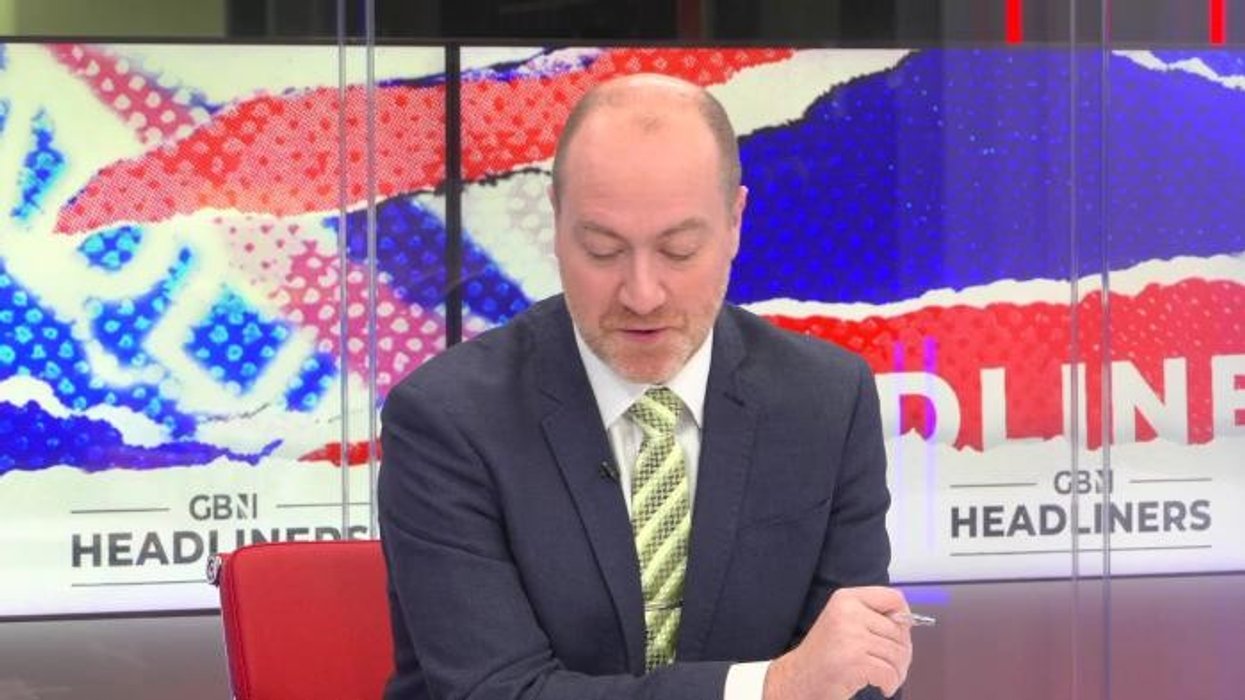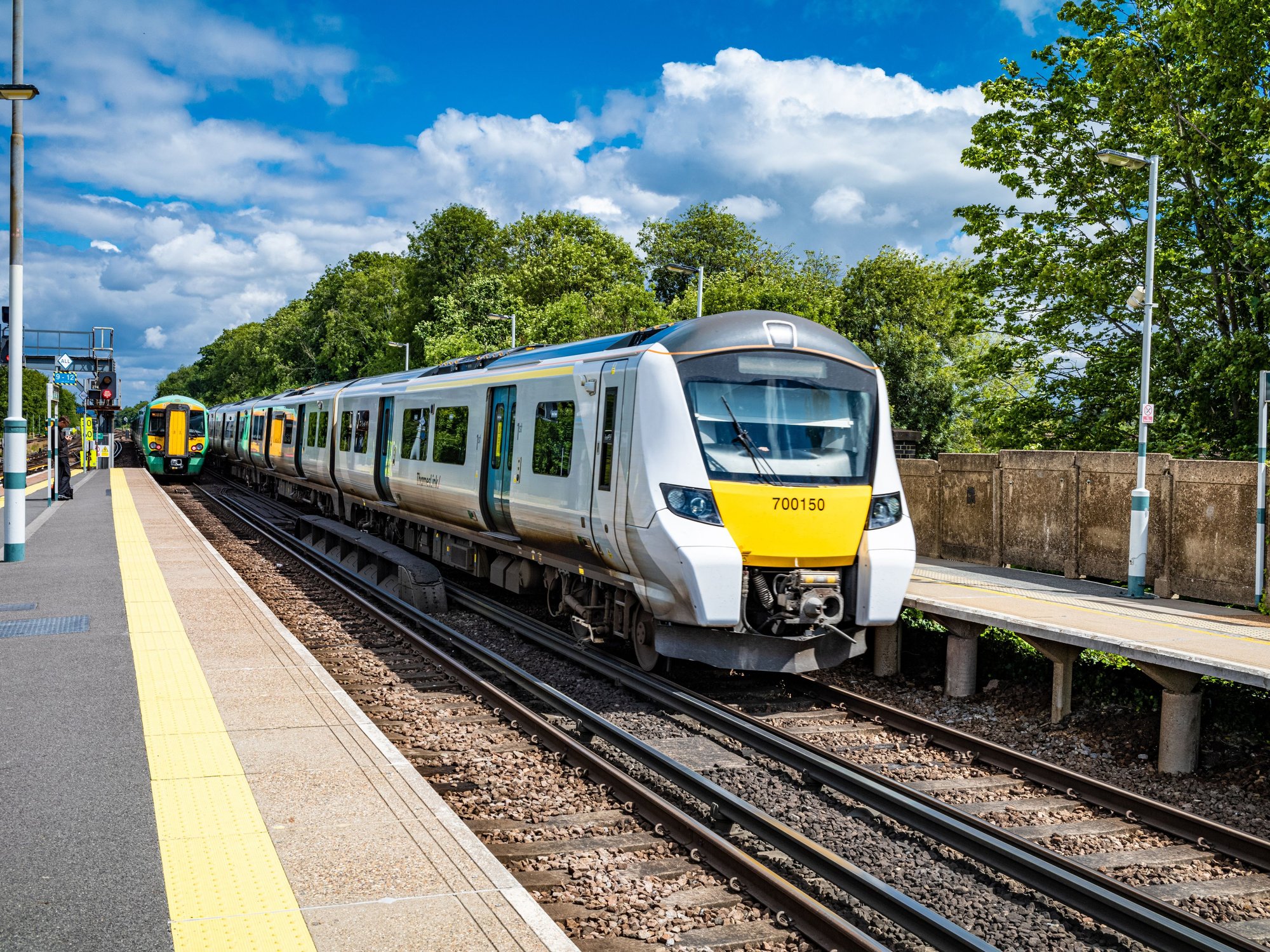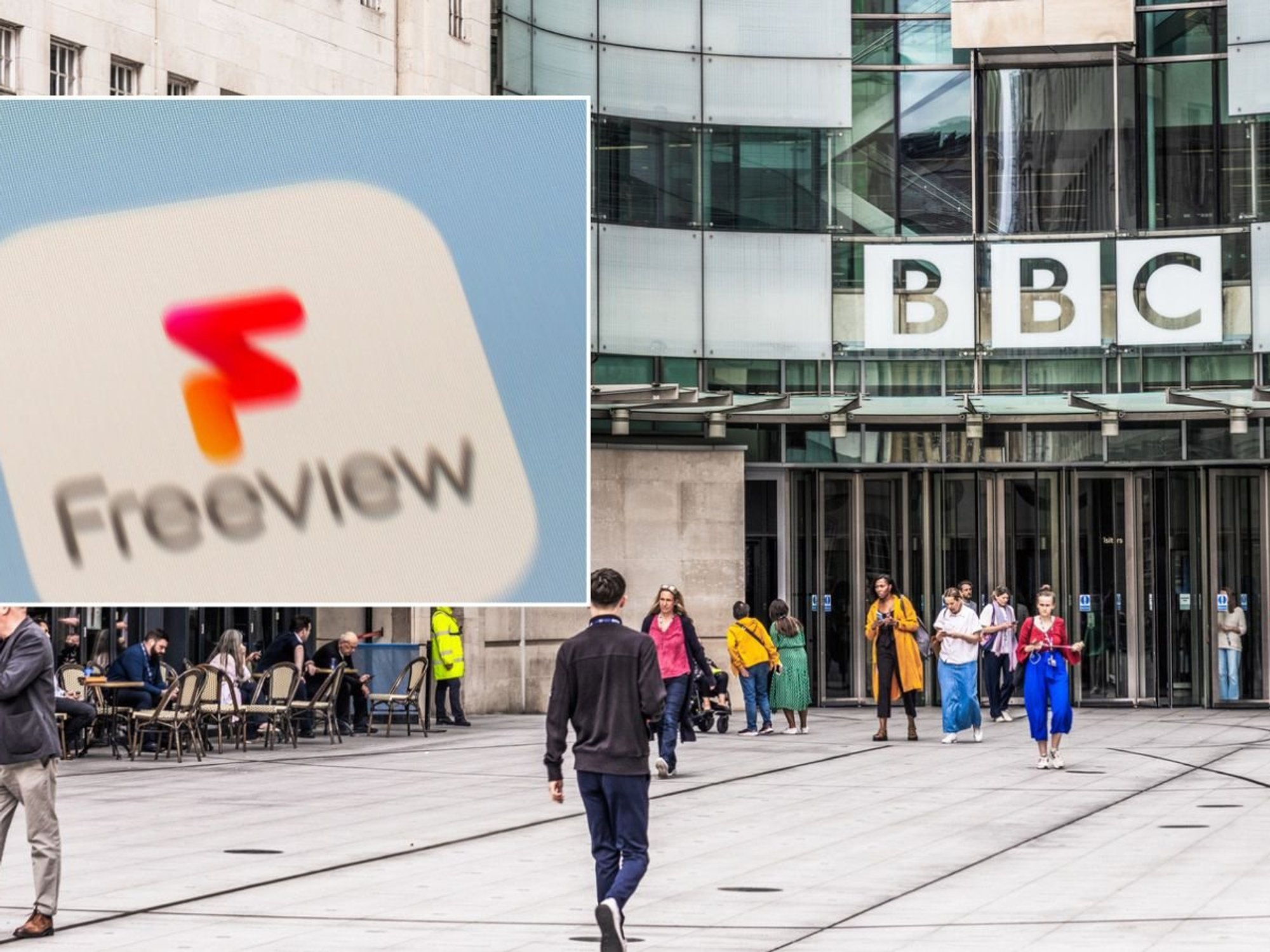New driving licence rules launch as 'quiet policy changes' could have 'big impact' for millions of Britons

'Even though this entitlement is automatic, people should still take a few minutes to get familiar with the vehicle before setting off'
Don't Miss
Most Read
Experts have praised new driving licence rules introduced this week as boosting the uptake of new zero emission vehicles, although drivers are being warned of extra responsibilities.
On Tuesday, June 10, licence rules were changed for category B licence holders, allowing them to drive an electric or hydrogen-powered vehicle with a maximum authorised mass (MAM) of up to 4,250kg.
This is in contrast to the normal MAM limit for petrol and diesel vehicles, with category B licence holders only able to tow 3,500kg.
The new rules will only apply to zero emission vehicles and vehicle types compatible with a category B licence, including cars, SUVs, vans and small trucks.
Do you have a story you'd like to share? Get in touch by emailing motoring@gbnews.uk
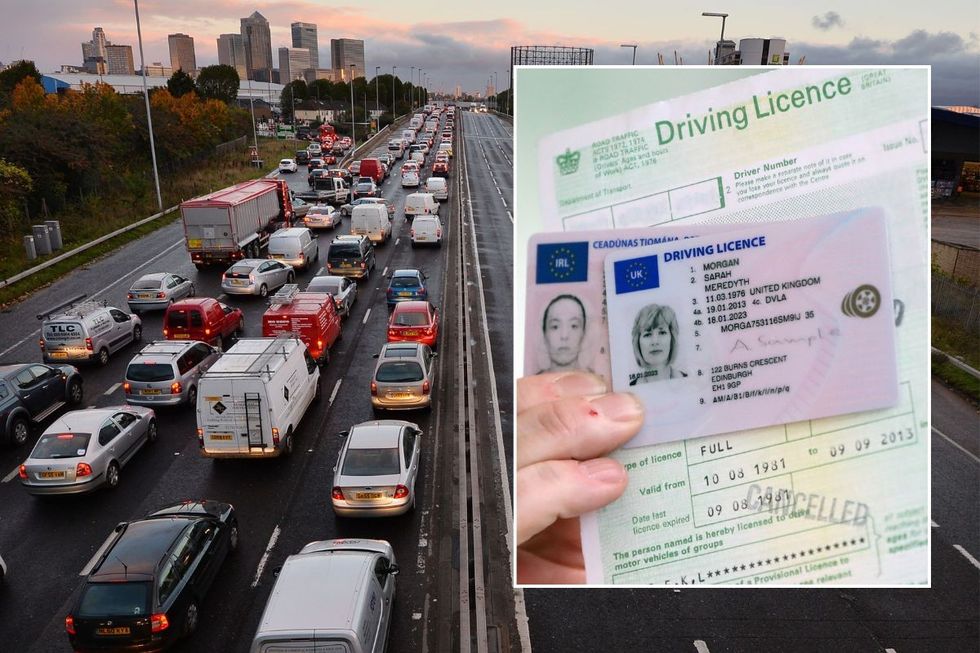
The new driving licence changes were introduced on Tuesday, June 10
|GETTY/[A
Drivers will also be able to tow a trailer if the MAM of the vehicle and trailer combination does not exceed 7,000kg.
Although motorists will not see any physical changes to their photocard licence, the new entitlements will apply to category B licence holders.
Cherie Carter, Director of Indigo Car Hire, commented on the new driving licence changes, adding that it could have a huge benefit for millions of drivers.
She said: "This is one of those quiet policy changes that could have a big impact, especially as more people look to hire vehicles this summer."
The expert noted that the new weight limit will allow drivers to legally get behind the wheel of larger vans without needing to complete additional training or paperwork.
This could open many opportunities for Britons who want to hire vans to travel with larger groups or even to move houses.
Carter said the car hire industry would benefit massively as more drivers would be interested in getting behind the wheel of electric cars and vans.
However, this would not come without issues, with Carter saying that while the rules have been relaxed, "the responsibility has increased".
LATEST DEVELOPMENTS:
- Drivers issued urgent warning of 'high-tech repairs' as millions of motorists risk complex car issues
- Rachel Reeves encouraged to launch new pay-per-mile car taxes to ease impact on 'poorer households'
- Drivers make feelings clear on introducing motorhome and campervan tax amid mounting overcrowding concerns
She added: "These vehicles are heavier, and that affects how they handle, particularly when braking, cornering, or towing.
"We always recommend that customers check the weight of the vehicle they’re hiring and ask questions if they’re unsure.
"Even though this entitlement is automatic, people should still take a few minutes to get familiar with the vehicle before setting off."
The expert described it as "a step in the right direction for sustainable transport", with a greater number of drivers having the opportunity to experience electric and hydrogen-powered cars.
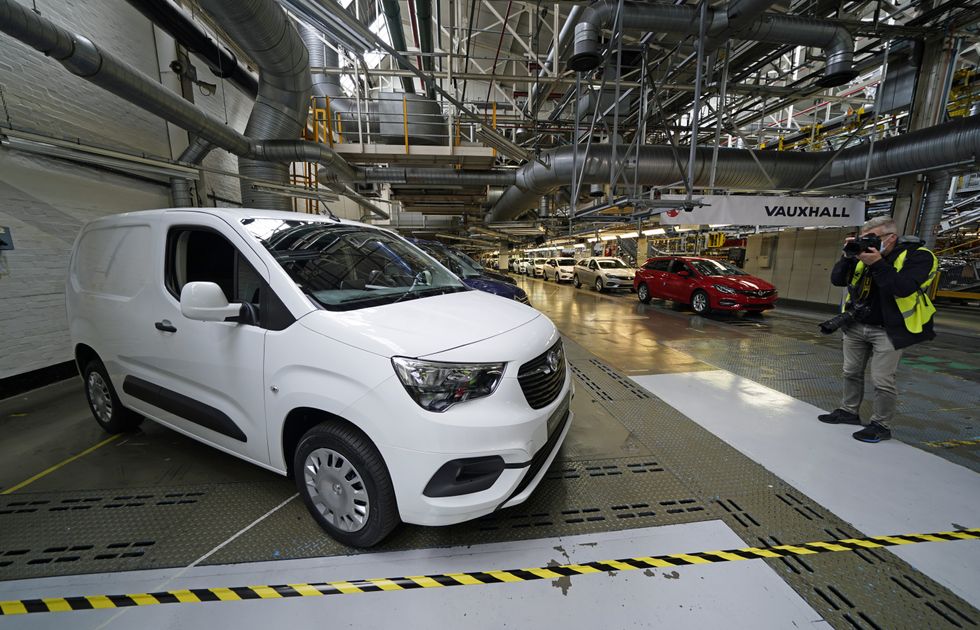
It is hoped the new licence rules will allow more motorists to drive electric cars and vans
| PADespite this, Carter said motorists must balance the extra allowances with "proper advice and awareness". She highlighted how heavier vehicles "demand more care on the road".
It is hoped the new rules will boost the number of electric and hydrogen-powered vehicles on the road in the coming years.
In May, almost 33,000 new electric cars were registered across the UK, placing EVs comfortably as the second-most popular vehicle type, just behind petrol.
Electric vans are also becoming more popular despite six months of declining van sales. Uptake of electric vans has grown 50 per cent, although it is still lower than levels needed to meet the Zero Emission Vehicle (ZEV) mandate.


